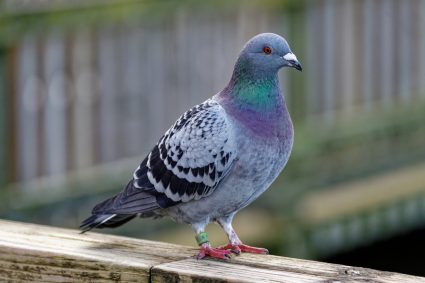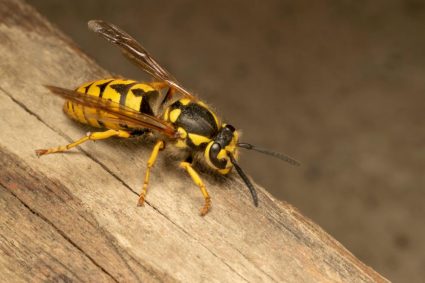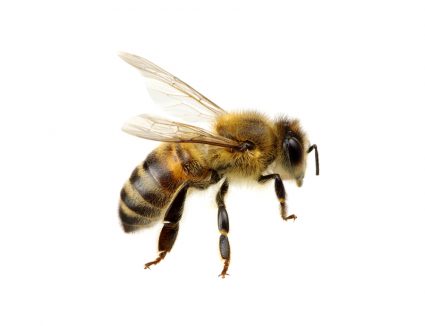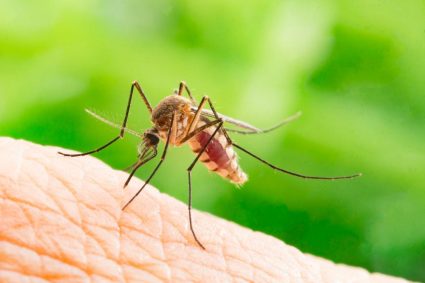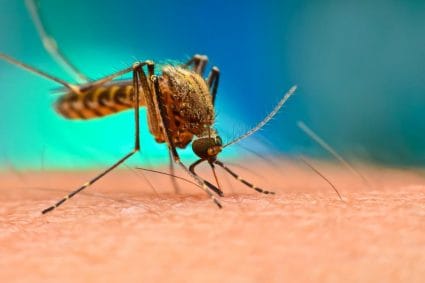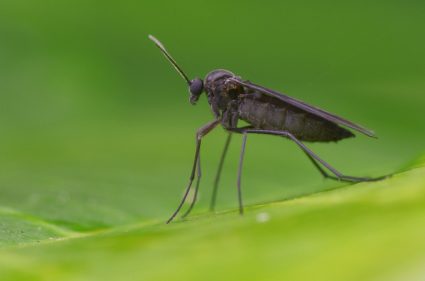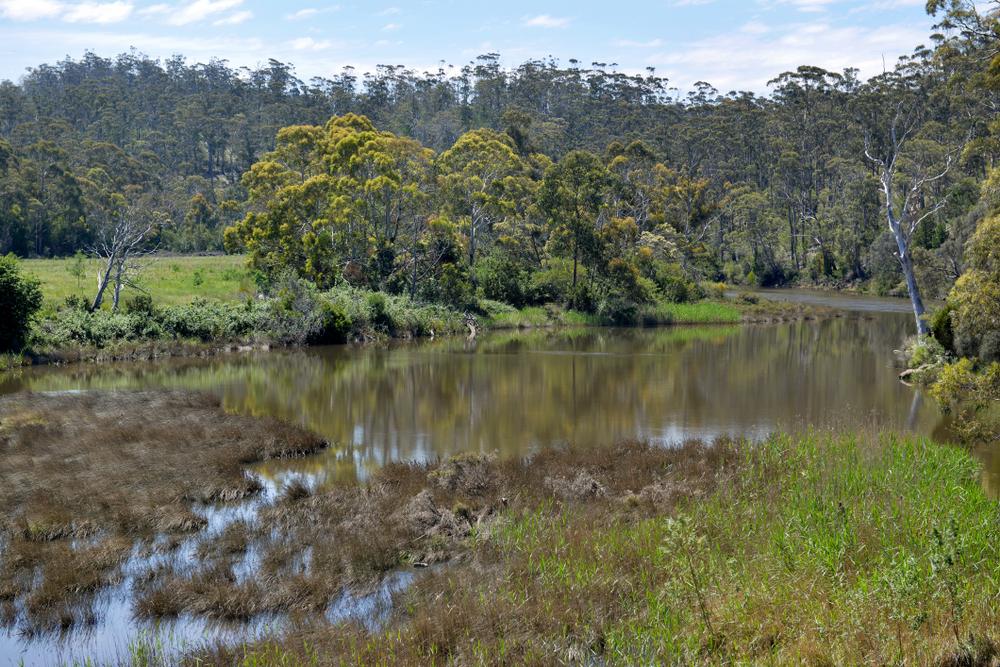
Composting is an excellent way to reduce waste and enrich your soil. However, it can also attract unwanted visitors to your backyard. Animals, from small insects to larger mammals, can be attracted to the organic matter in your compost pile. While some, like earthworms and beetles, contribute to the decomposition process, others can be considered pests or nuisances. This comprehensive guide will provide you with effective strategies on how to keep animals out of your compost.
To keep animals out of your compost, avoid adding items like meat, fish, bones, dairy products, and seasoned food that attract animals. Use enclosed compost bins or tumblers and consider lining them with wire mesh. You can also cover kitchen scraps with leaves or straw, keep the compost bin away from other food sources, and regularly turn your compost. If animals continue to invade, consider using natural repellents like seaweed, orange peels, eggshells, and coffee grounds.
Why Animals Are Attracted to Compost Piles
Animals are drawn to compost piles due to the availability of food, nesting opportunities, and the presence of other organisms. Compost piles can serve as a source of food and a warm place to nest for some animals like rats. Skunks, opossums, and armadillos are attracted to the grubs, earthworms, and insects found in compost piles. Moreover, compost piles can provide a habitat for many animals, including raccoons and rodents.
Risks and Damages Caused by Animals
Animals getting into compost can lead to several potential risks and damages, both to the animals themselves and the environment. These include toxicity to animals, choking hazards, pathogen contamination, and environmental risks. For example, compost can be highly toxic to animals, especially dogs and cats, if ingested. Improperly managed compost piles can lead to water contamination and other environmental risks.
Effective Preventive Measures
To effectively prevent animals from accessing your compost heap, consider the following measures:
- Exclude certain foods from your compost pile, such as meat, fish, bones, dairy products, grease, oil, and anything with seasonings.
- Build compost piles away from bird feeders, pet bowls, and natural food sources like trees with berries.
- Cover kitchen scraps or vegetable garden trimmings (green matter) with an 8-inch layer of leaves, straw, or organic matter that’s in the process of decomposing (brown matter) .
- Use compost bins that inhibit wildlife access, such as enclosed containers or tumblers.
- Line your compost bin with wire mesh to prevent rodents from entering.
- Consider using electrified fencing or netting to keep various critters away from the compost pile.
- Keep your compost bin indoors if possible.
- Turn your compost regularly and maintain a good brown-to-green ratio to make it less attractive to animals.
- Avoid adding meat or meat by-products, oil, cheese, or seasonings to the pile, as these can attract rodents.
- Keep your bin located away from anything that might be a natural food source for an animal, such as trees with berries, bird feeders, and pet food bowls.
By implementing these preventive measures, you can effectively keep animals away from your compost heap and maintain a healthy composting environment.
What to Do if Animals Continue to Invade
If animals continue to invade your compost pile despite implementing preventive measures, consider re-evaluating your compost ingredients, improving compost management, upgrading your compost bin, adding barriers, relocating your compost pile, using deterrents, and monitoring and adapting. If the problem persists, consider seeking professional help from a wildlife control team.
Natural Ingredients that Can Be Used as Repellents
To make a compost pile repellent, you can use natural ingredients that have pest-repellent properties. These include seaweed, orange peels, eggshells, and coffee grounds.
Remember that the key to a healthy compost pile is maintaining a good balance of green (nitrogen-rich) and brown (carbon-rich) materials. Avoid adding meat, bones, dairy products, and heavily coated papers to your compost pile, as these can attract pests. Additionally, turning your compost pile frequently and keeping it well-aerated can help prevent pest issues.
This article provides an all-in-one guide to keeping animals out of your compost. By following these guidelines, you can maintain a healthy compost pile while minimizing the presence of wildlife. Happy composting!
Frequently Asked Questions
What are some examples of green and brown materials for composting?
Green materials include fresh plant materials like grass clippings, vegetable scraps, coffee grounds, and eggshells. On the other hand, brown materials include dried plant materials like leaves, straw, paper, and wood chips.
Can I add cooked vegetables to my compost pile?
Yes, you can add cooked vegetables to your compost pile. However, make sure they are free from oils, seasonings, or sauces, as these can attract animals.
How often should I turn my compost pile?
It’s recommended to turn your compost pile every 4-6 weeks. Turning it more frequently can speed up the composting process.
Why is it not recommended to add meat, bones, and dairy products to the compost heap?
These materials can attract pests and produce unpleasant odors as they decompose. Additionally, they can also take a long time to break down.
What should I do if I see a rodent in my compost bin?
If you spot a rodent in your compost bin, it’s a sign that the compost pile is too wet or contains inappropriate materials. Adjust your composting practices accordingly, and if the problem persists, consider using a rodent-proof compost bin or seeking professional help.
Are there any commercial animal repellents I can use for my compost pile?
Yes, there are commercial animal repellents available in the market. However, these should be used as a last resort and always in accordance with the product’s instructions. It’s always best to try natural deterrents and good composting practices first.
Can I compost pet waste?
It’s generally not recommended to compost pet waste, especially from carnivorous pets like dogs and cats, as it can contain harmful pathogens. If you want to compost pet waste, do so separately from your regular compost pile and never use it on edible plants.

